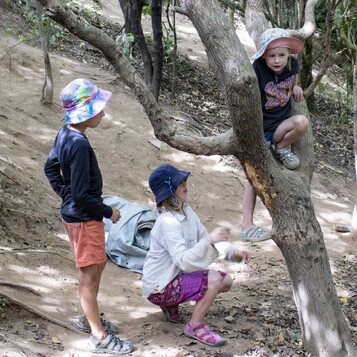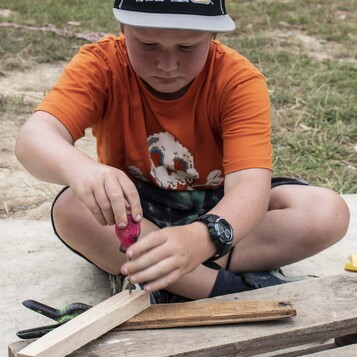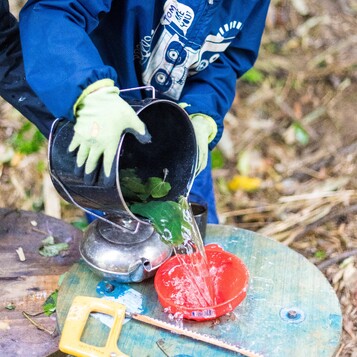Nature & Play Based Learning
At Everyone Out, we embrace the belief that tamariki learn best when they are in control of their own learning journey. Our curriculum is grounded in child-led, nature-based, and play-based learning, providing tamariki the freedom to explore, create, and grow in a nurturing environment.
We understand that every child is unique, with their own interests, curiosities, and strengths. By following these individual passions, tamariki are encouraged to take ownership of their learning, fostering a love for discovery and self-expression. Our skilled kaiako (teachers) support each child by providing the necessary time, space, and resources to explore their ideas.
Whether it's exploring the natural world, engaging in hands-on play, or discovering new concepts through creative experiences, we ensure that learning happens in a way that feels authentic and empowering for each tamariki.
New Zealand Curriculum
Although we don't directly follow the New Zealand Curriculum learning through play at Everyone Out will encompass all of the five key competencies:
Thinking
Relating to others
Using language, symbols, and texts
Managing self
Participating and contributing
The aim of the key competencies is to give young people the skills to learn anywhere, anytime and to keep on doing that even when there is no-one to prompt them. Everyone Out Nature School will help tamariki develop all these competencies.
Everyone Out Nature school will support learning in all curriculum areas. Some of the relevant achievement objectives are listed below.
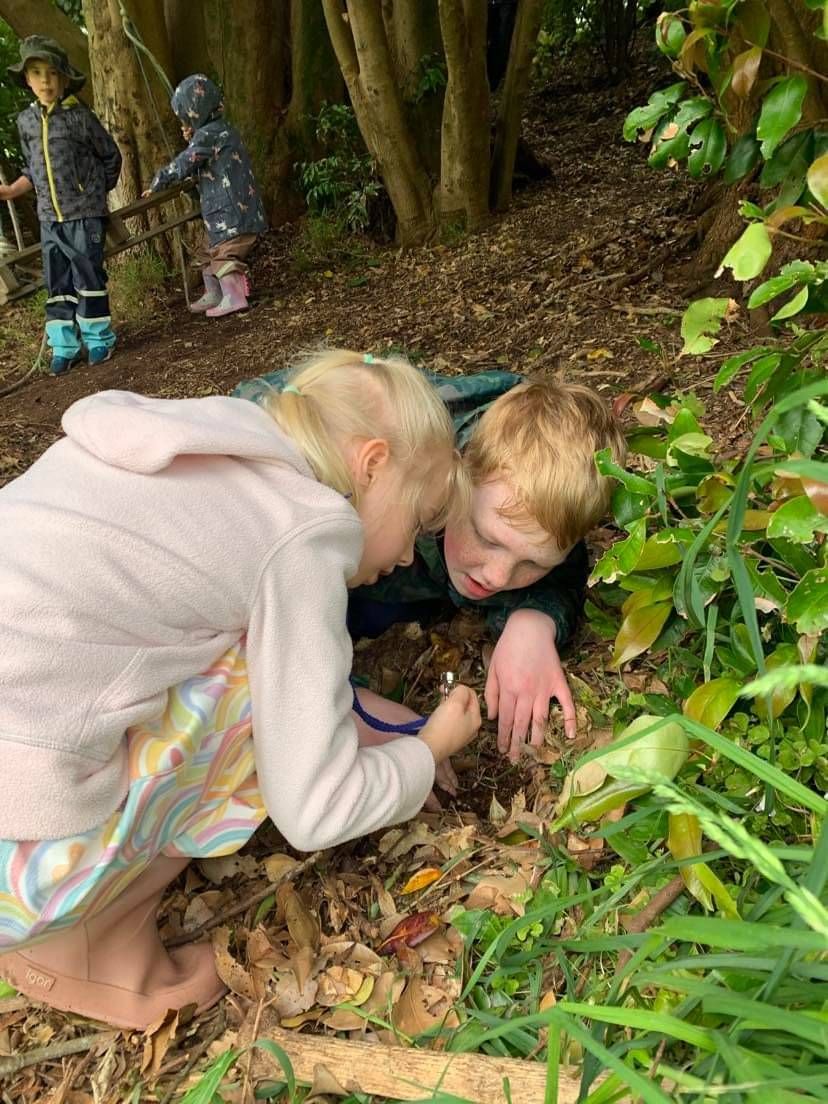
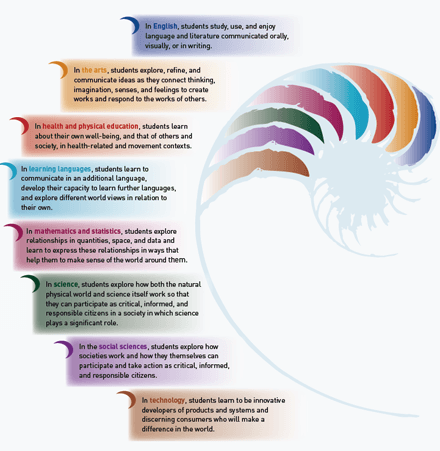
Achievement Objectives by Learning Area from NZ curriculum
Below are examples of the learning that could take place at any one Nature School sessions. Most learning is child-led, supported by kaiako (teachers), and occurs naturally while tamariki are playing or following an interest. Adult-led opportunities are always an invitation rather then a requirement. Tamariki have the freedom to choose to join in or not.
Social Sciences
Understand how belonging to groups is important for people.
Understand that people have different roles and responsibilities as part of their participation in groups
Understand how people make decisions about access to and use of resources.
English
Ideas - Forms and expresses ideas and information, usually drawing from personal experience and knowledge
Processes and strategies - Select and use sources of information, processes, and strategies with some confidence to identify, form, and express ideas
Mathematics
In a range of meaningful contexts, students will be engaged in thinking mathematically and statistically. They will solve problems and model situations.
Measurement - Order and compare objects or events by length, area, volume and capacity,
weight (mass), turn (angle), temperature, and time by direct comparison and/or counting whole numbers of units.
Position and orientation - Use a co-ordinate system or the language of direction and distance to specify locations and describe paths.
The Arts
Developing ideas, Drama - Contribute and develop ideas in drama, using personal experience and imagination
Developing Practical Knowledge, Drama - Explore the elements of role, focus, action, tension, time, and space through dramatic play
Developing practical knowledge, Visual Arts - Explore a variety of materials and tools and discover elements and selected principles
Physical Education & Health
Personal growth and development - Describe feelings and ask questions about their health, growth, development, and personal needs and wants.
Personal identity - Describe themselves in relation to a range of contexts.
Movement skills; Science and technology - Develop a wide range of movement skills, using a variety of equipment and play environments.
Positive attitudes; Challenges and social and cultural factors - Participate in a range of games and activities and identify the factors that make participation safe and enjoyable.
Relationships - Explore and share ideas about relationships with other people.
Identity, sensitivity, and respect - Demonstrate respect through sharing and cooperation in groups.
Interpersonal skills - Express their own ideas, needs, wants, and feelings clearly and listen to those of other people.
Community resources - Identify and discuss obvious hazards in their home, school, and local environment and adopt simple safety practices.
Rights, responsibilities, and laws; People and the environment - Take individual and collective action to contribute to environments that can be enjoyed by all.
Science
Investigating in science - Carry out science investigations using a variety of approaches: classifying and identifying, pattern seeking, exploring, investigating models, fair testing, making things, or developing systems.
Communicating in science - Develop knowledge of the vocabulary, numeric and symbol systems, and conventions of science and use this knowledge to communicate about their own and others’ ideas.
Participating and contributing - Bring a scientific perspective to decisions and actions as appropriate.
Life processes - Understand the processes of life and appreciate the diversity of living things.
Ecology - Understand how living things interact with each other and with the non-living environment.
Physical inquiry and physics concepts - Explore and investigate physical phenomena in everyday situations.
Physical concepts - Gain an understanding of the interactions that take place between different parts of the physical world and the ways in which these interactions can be represented.
Changes of matter - Investigate the properties of materials.
What is Effective Pedagogy?
Refers to a learner centered teaching and learning (SCL) approach where educators are reflective in their theory, practice and policy implementation in teaching/learning, resulting in positive impacts in the learners.
The Sport NZ Physical Literacy Approach
“The Sport NZ Physical Literacy Approach takes a holistic view of the participant that considers their physical; social and emotional; cognitive; and spiritual needs. By understanding that these dimensions influence the needs of every participant, within their specific environments, we can provide physical activity and sport experiences that inspire ongoing participation (Sport NZ 2018).”

